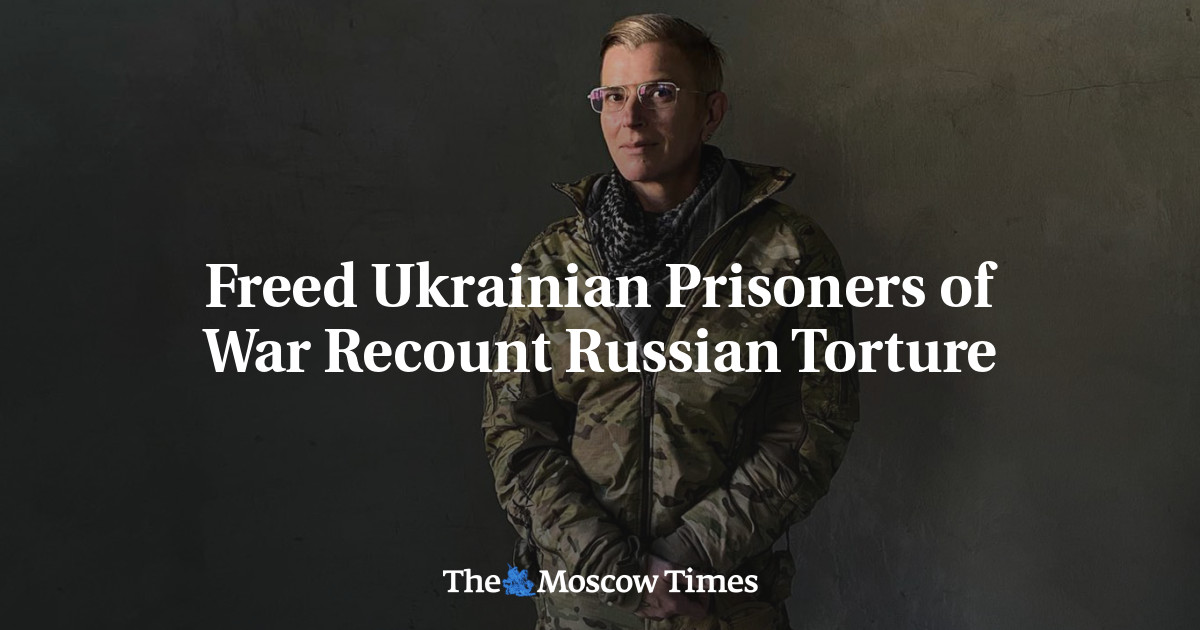
Ukrainians held prisoner by Russian and pro-Moscow forces have accused their captors of torture in a series of interviews.
Paramedic Yuliia Paievska, widely known by her nickname Taira, was captured in mid-March while assisting civilians wounded in an airstrike on a theater in the port city of Mariupol. The city fell to Russian forces in May.
Paievska had previously gained international recognition after filming bodycam footage of the siege of Mariupol and smuggling it out to journalists. She was released from captivity as part of a small prisoner exchange on June 17.
“I had no food and practically didn’t drink for five days,” Paievska told CNN in an interview published Wednesday, almost three weeks after her release.
She said that she underwent “extreme” beatings that “did not stop for even a minute” in a pre-trial detention center in eastern Ukraine’s occupied Donetsk region.
“You’re constantly told that you are a fascist, a Nazi,” said Paievska.
The paramedic told CNN that her captors put her in solitary confinement with only a metal bunk bed after she refused to confess to various “crimes” on camera.
Previously, Paievska said she was “beyond exhausted” after her captivity.
“My weight is now about 50 kilograms,” she wrote in a June 20 Facebook post.
In a separate video interview published Wednesday, a Ukrainian soldier nicknamed “Tork” recounted mistreatment while in captivity in the Donetsk region.
Tork served with the Azov regiment, a former paramilitary unit with previous links to far-right groups, that has since integrated into the Ukrainian armed forces.
The unit was involved in the defense of Mariupol’s last holdout, the Azovstal steel plant, which surrendered and ceded control of the city to Russian and pro-Moscow forces in May.
Tork, who was part of a June 29 prisoner exchange, said in the interview with Azov’s YouTube channel that he was heavily wounded during the siege of Mariupol in April.
Tork’s captors inserted needles into the prisoners’ wounds “if they didn’t like what you said,” he said from a hospital in Ukrainian-controlled territory.
“They literally latched on to two or three guys saying they want information.”
Tork said that interrogators also targeted senior Azov regiment commanders Denys “Redis” Prokopenko and his deputy Sviatoslav “Kalyna” Palamar.
Prokopenko and Palamar are believed to be held in Moscow’s notorious Lefortovo pre-trial detention center.
The UN’s human rights office said this week it has verified 28 cases of torture, gang rape and threats of sexual violence against prisoners of war in Ukraine, mostly in Russian-controlled territories.
“Appalling reports of torture and ill-treatment by both parties continue, including prisoners of war, with little progress holding those responsible to account,” UN human rights chief Michele Bachelet said.